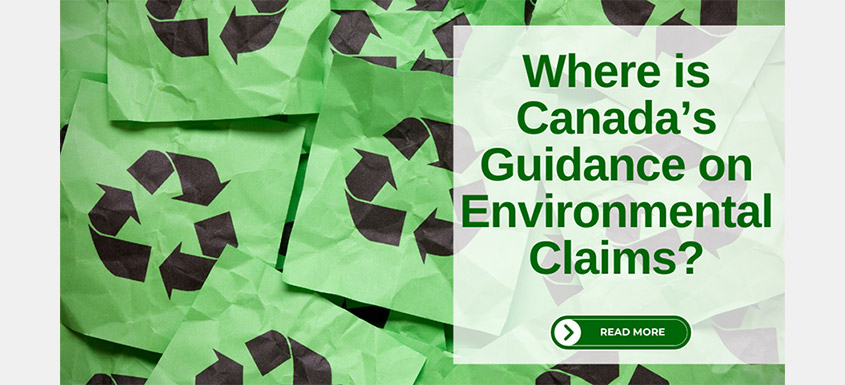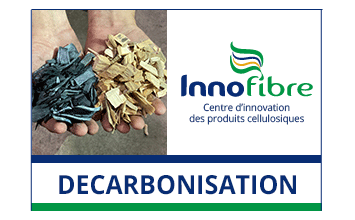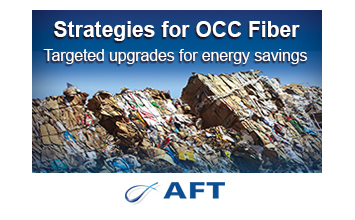There continues to be increased global activity and enforcement around environmental claims and greenwashing, the practice of making false or misleading environmental sustainability claims.
The U.S. is consulting on updates to its Green Guides, Europe is planning to introduce new laws to prevent greenwashing, and the U.K. is cracking down on net-zero claims.
Which leaves the Paper and Paperboard Packaging Environmental Council (PPEC) wondering where Canada is at in providing updated guidance on environmental claims.
In November 2021, the Competition Bureau of Canada – the independent law enforcement agency responsible for the enforcement of the Competition Act – archived its Environmental Claims Guide, leaving a gap in available resources for Canadian companies looking for clarity and guidance on the use of appropriate environmental claims in their marketing practices.
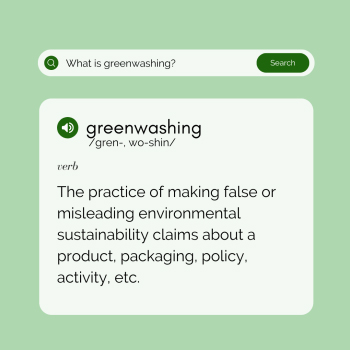
Global Activities
The U.S. Federal Trade Commission (the federal agency that deals with consumer protection and competition issues in the U.S.) is currently consulting on updates to the Green Guides for the Use of Environmental Claims.
The FTC is seeking stakeholder feedback by April 24 in response to their consultation document, which outlines a series of 31 questions, including asking if there is a continuing need for the Guides, and if so, what changes should be made, as well as if updated guidance is needed for “recyclable” and “recycled content” claims.
Meanwhile, the European Commission proposed amendments to the Unfair Commercial Practices Directive and the Consumer Rights Directive which, if adopted, would provide clarity for companies to avoid greenwashing within the European Union. Companies would be required to substantiate environmental claims using the Environmental Footprint Methods, which uses 16 environmental impact categories to measure environmental performance of a product through its value chain and lifecycle. The proposal is said to represent the “most far-reaching attempt to address greenwashing.”
And in the U.K., the Committee of Advertising Practice and the Committee of Broadcast Advertising Practice published an update to their environmental claims guidance, stating that companies should avoid using unqualified carbon neutral and net-zero claims. The Competition and Markets Authority also recently announced plans to examine the accuracy of environmental claims made about household essential items, known as fast-moving consumer goods, such as food, beverages, and personal care products.
Where Does That Leave Canada?
Canadian companies do not have current guidelines or updated resources for making environmental claims.
In November 2021, the Competition Bureau archived Environmental claims: A guide for industry and advertisers – which was prepared in 2008 by the Bureau and the Canadian Standards Association to guide industry and advertisers on environmental claims – stating that the document “may not reflect the Bureau’s current policies or practices and does not reflect the latest standards and evolving environmental concerns.” The guide continues to be available online for reference, but the Bureau stated that it would “not be altered or updated as of the date of archiving.”
In September 2022, the Competition Bureau hosted the Competition and Green Growth Summit to better understand the relationship between competition policy and business sustainability goals. While no policy directives were made, discussions were held on enforcement in a greener economy, while the Commissioner of Competition spoke about the role of competition policy in helping consumers make informed choices in his opening remarks. The Competition Bureau recently released a What We Heard document with a summary of the Summit.
In addition to the Competition Bureau activities, the federal government is also holding a consultation on the future of competition policy in Canada. The government is reviewing the Competition Act, including the role and powers of the Competition Bureau. The consultation ends March 31, 2023, and input will be used to inform the government’s next steps, including potential legislative changes.
And as part of the federal Zero Plastic Waste Agenda, the government announced that new labelling rules are being developed that would prohibit the use of the chasing arrows recycling symbol, and other recyclability claims on plastic packaging, unless specific conditions are met. These conditions may include that at least 80% of Canadians have access to recycling systems that accept, sort, and re-process such plastics. The government will publish a proposed framework for the plastic packaging recycled content and labelling regulations for consultation later this year.
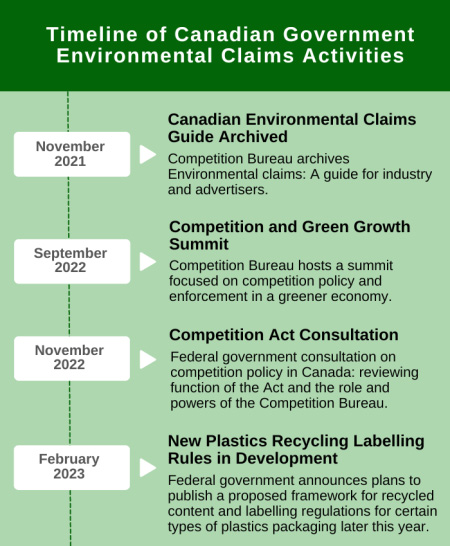
When you add it all up, these separate but related activities signal the government priority of addressing environmental claims and greenwashing in Canada. But whether these activities result in potential changes to competition law, or the powers of the Competition Bureau, or new definitions related to “recyclability” remains to be seen, but it does not change the need for guidance on environmental claims.
It is clear that Canada, the U.S., Europe, and the U.K. are all taking measures to address greenwashing and the accuracy of environmental claims. But providing clear guidance and resources should also be a priority. Archived Canadian guidelines are not enough and PPEC encourages the Competition Bureau to provide updated resources on making environmental claims.
 Rachel Kagan
Rachel Kagan
Executive Director
The Paper & Paperboard Packaging Environmental Council (PPEC)



